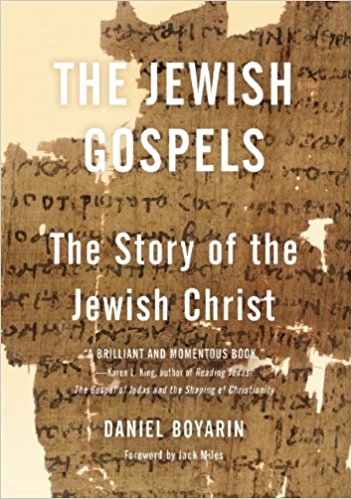rakovsky
Newbie
OK, I understand.Oh, I can't find it now, but the place I read it said that "belly of the fish" was a phrase used to describe the storms on that body of water. This was years and years ago so I never looked it up, I just thought it was interesting.
In Jonah we also have the story of God sending a miraculous fig tree. I think that this was not an expression, but rather a specific physical entity. Fig tree/fish/boat, etc. How does a fig tree just grow up while Jonah is just sitting there and then miraculously die? I think the author is really talking about extreme miracles.
People in the modern world want to salvage the Bible's meanings even if nowadays they don't believe these things happened in real life. They conclude that something in the Bible sounds crazy and magical, so that's not what the authors meant. Well, maybe the authors really were a little bit "crazy" and meant magical things! Or they were just making a parable that included magical things.
Upvote
0

